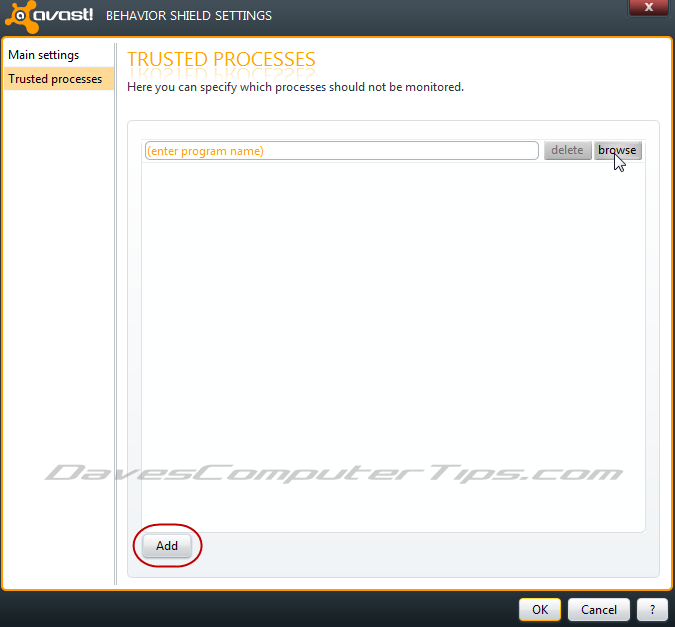When it comes to security, it seems everyone has their own favorite software and preferred strategy. Some favor an integrated suite, where all components are included under the one umbrella and compatibility is all but guaranteed. Many prefer to rely on a combination of components sourced from a variety of different developers, and it is this scenario which can often lead to conflicts. Symptoms may vary but the overall common effect will often be extreme slowdowns.
The two components which generally account for the highest percentage of conflicts are firewalls and anti-virus software. This is largely because of two main reasons:
1) Each application is monitoring the other’s processes – rather than collaborating, they are actually checking each other’s behavior for suspicious activity.
2) Shared protection modules – where protection modules common to both programs are simultaneously monitoring and protecting.
The good news is, these conflicts are very easy to avoid or overcome:
1) Prevent cross monitoring:
Cross monitoring between trusted programs unnecessarily wastes system resources and will slow the computer down noticeably.
Most security programs include an ‘exclusion’ or ‘whitelist’ feature where trusted applications/processes can be added to prevent monitoring. Simply add the anti-virus to the firewall’s list of exclusions and vice versa.
Here is a screenshot of the exclusion feature in Avast Free Anti-Virus:
And in Online Armor Free Firewall:
2) Disable duplicated modules:
Firewalls and anti-virus software will often include protection modules common to both applications, such as Mail Shields and Web Shields. All monitoring/scanning features have the effect of slowing response times, duplicating the process only makes matters worse and is redundant anyway.
Check through each application’s modules and if you find any that are shared, decide which application is best suited for the job and disable that same module in the other.
If you follow those simple procedures you should end up with Firewall and Anti-Virus software complementing one another rather than competing.
Personally, I am not a great fan of 3rd party firewalls anyway, but that is a another discussion for another time.

